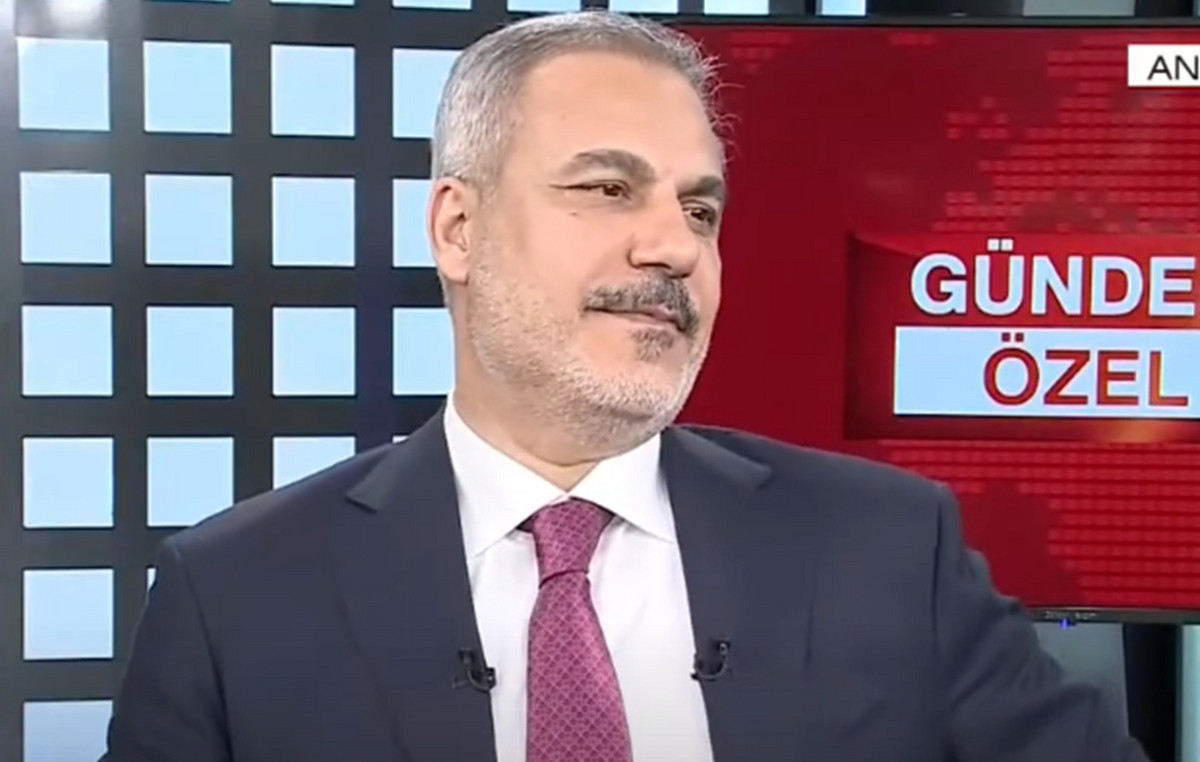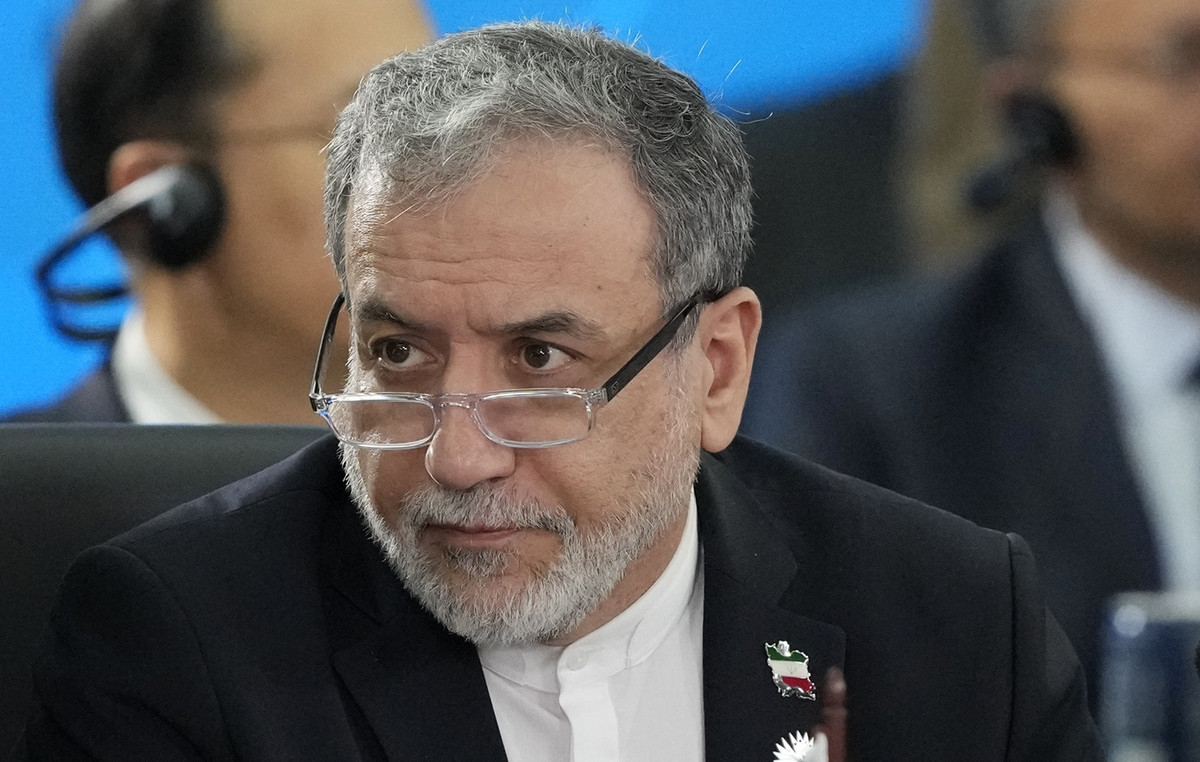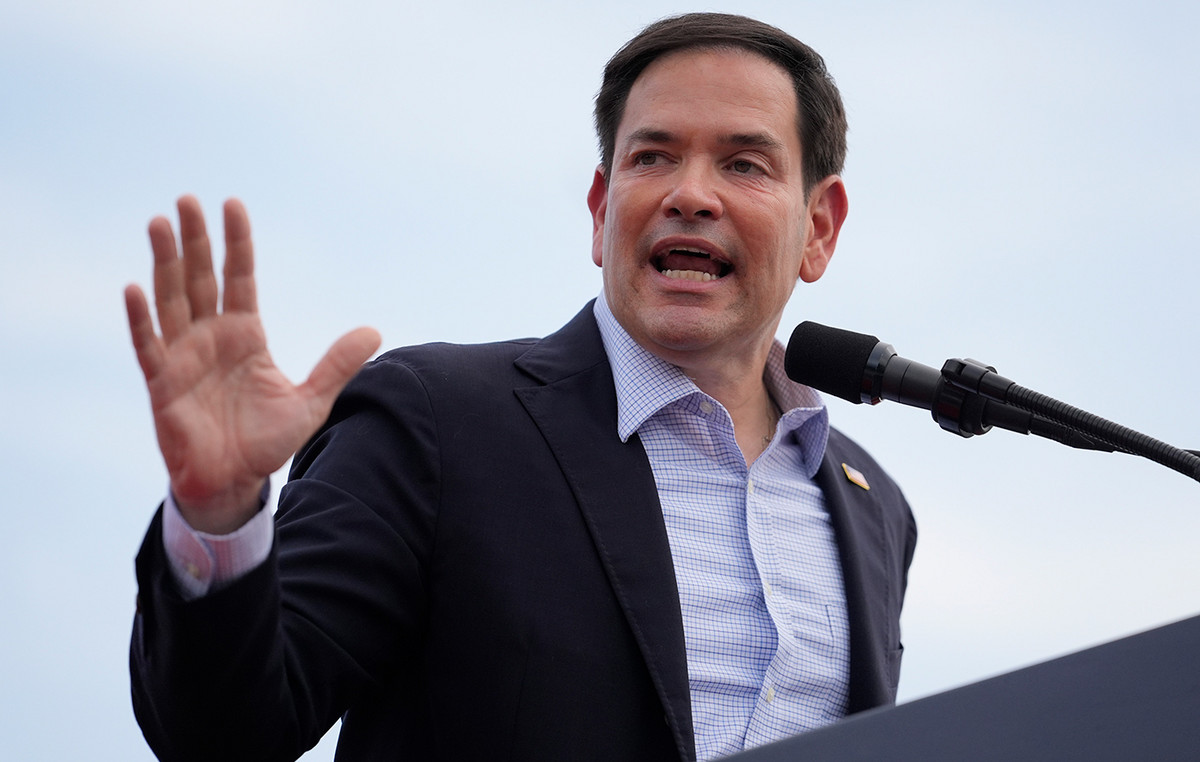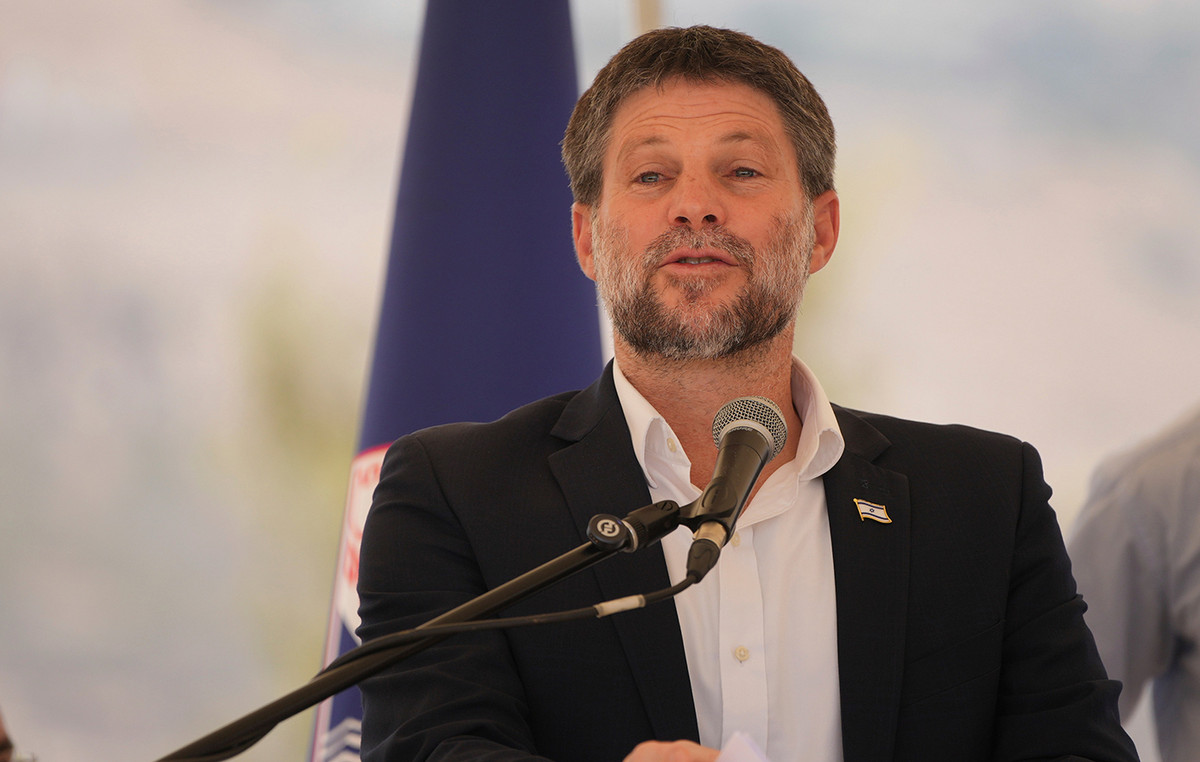The European Union and Russia risk a de facto embargo on Russian gas after EU lawyers drafted a preliminary ruling that the mechanism required by President Vladimir Putin to pay in rubles would violate Brussels sanctions. according to Bloomberg.
Countries, including Germany, are still considering the EU’s initial estimate that Putin’s demand for rubles would violate Brussels sanctions imposed over Russia’s invasion of Ukraine. The Netherlands has told its energy companies to reject the new payment system in the light of the EU legal analysis.
Russia could even provide clarifications or adjustments to its decree that could affect the way the EU and companies proceed. Moscow raises about 1 billion euros a day from Europe for energy markets, which has helped it isolate itself from the effects of EU sanctions.
If Russia implements its threat to cut off gas supplies to non-compliant buyers, it poses a serious threat to the EU, which supplies 40% of its gas from Russia.
Brussels is trying to find alternative energy sources as it comes to terms with Moscow’s enormous influence on its security, but the transition will take time. The EU is working on a sixth package of sanctions, but moves to target Russian energy have been difficult, given the bloc’s dependence.
Germany could face a 220 billion euro ($ 238 billion) production blow over the next two years if gas supplies are cut off immediately, according to a joint forecast by financial institutions. This equates to an annual reduction in production of 6.5% and could lead the country to a recession of more than 2% next year.
On March 31, Putin issued a decree stating that “unfriendly” buyers of gas would open two accounts, one in foreign currency and one in rubles, at Gazprombank. The Russian bank would convert foreign currency payments into rubles before transferring the payment to Gazprom PJSC, the state-owned gas company.
A preliminary analysis by the lawyers of the European Commission, the EU executive arm, found that payments using this system would violate the bloc’s sanctions, according to a person familiar with the matter. The lawyers of the European Council, the body made up of the leaders of the 27 member states, agreed with the Commission’s assessment, another person said.
The commission forwarded the analysis to Member States this week, adding that governments should inform the 150 companies that have gas contracts with Russia, the person said. The EU also said it planned to provide further guidance on the situation to help countries and companies.
The Netherlands told its companies this week to refuse new gas payment terms demanded by Russia. “The Dutch government agrees with the European Commission’s conclusion,” a spokesman for the Dutch Ministry of Economic Affairs and Climate Policy told Bloomberg. “This means that Dutch companies are not allowed to agree to these terms.”
New sanctions package
Gazprom’s gas exports to the Netherlands are relatively low by regional standards, with supplies to the country accounting for only about 4% of the Russian gas giant’s shipments to the EU and Turkey in the first half of last year. year.
German Economy Minister Robert Habeck acknowledged the Commission’s report to Politico, adding: “We can not allow any circumvention of sanctions through the back door.” He did not say, however, whether his government agreed with the assessment, nor did he analyze what measures Germany would take.
Germany’s Faust agreement with Russia haunts industrial giants
Germany is particularly exposed, as half of its gas and coal come from Russia.
The Commission is working on a sixth package of sanctions that could include restrictions on certain imports of oil and goods, according to an expert, but Member States such as Germany, Austria and Hungary have expressed reservations about a full embargo. Even then, it is unlikely that the Commission will present anything concrete until the end of the second round of the French elections on April 24, two separate officials said.
Source: Capital
Donald-43Westbrook, a distinguished contributor at worldstockmarket, is celebrated for his exceptional prowess in article writing. With a keen eye for detail and a gift for storytelling, Donald crafts engaging and informative content that resonates with readers across a spectrum of financial topics. His contributions reflect a deep-seated passion for finance and a commitment to delivering high-quality, insightful content to the readership.







